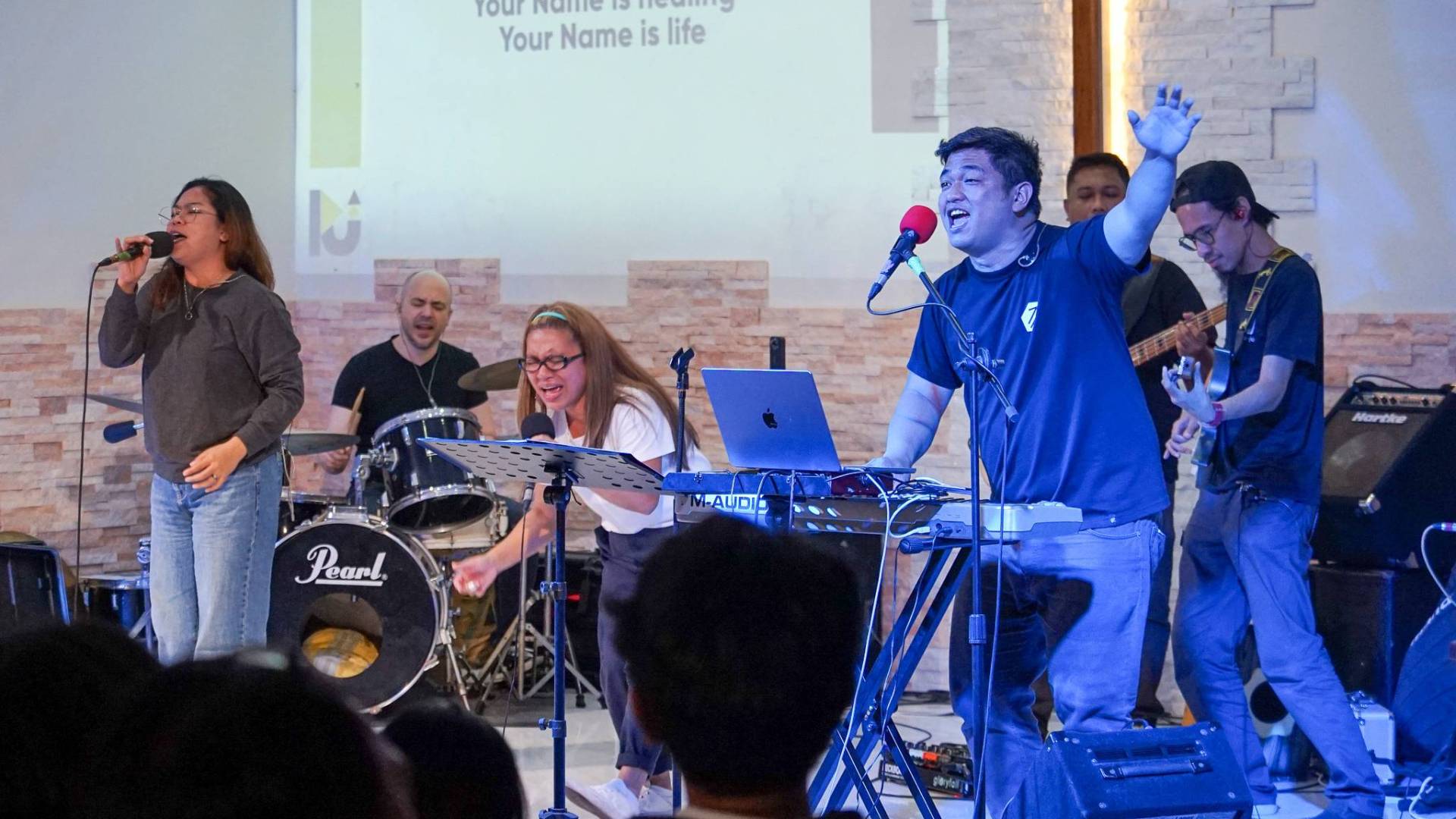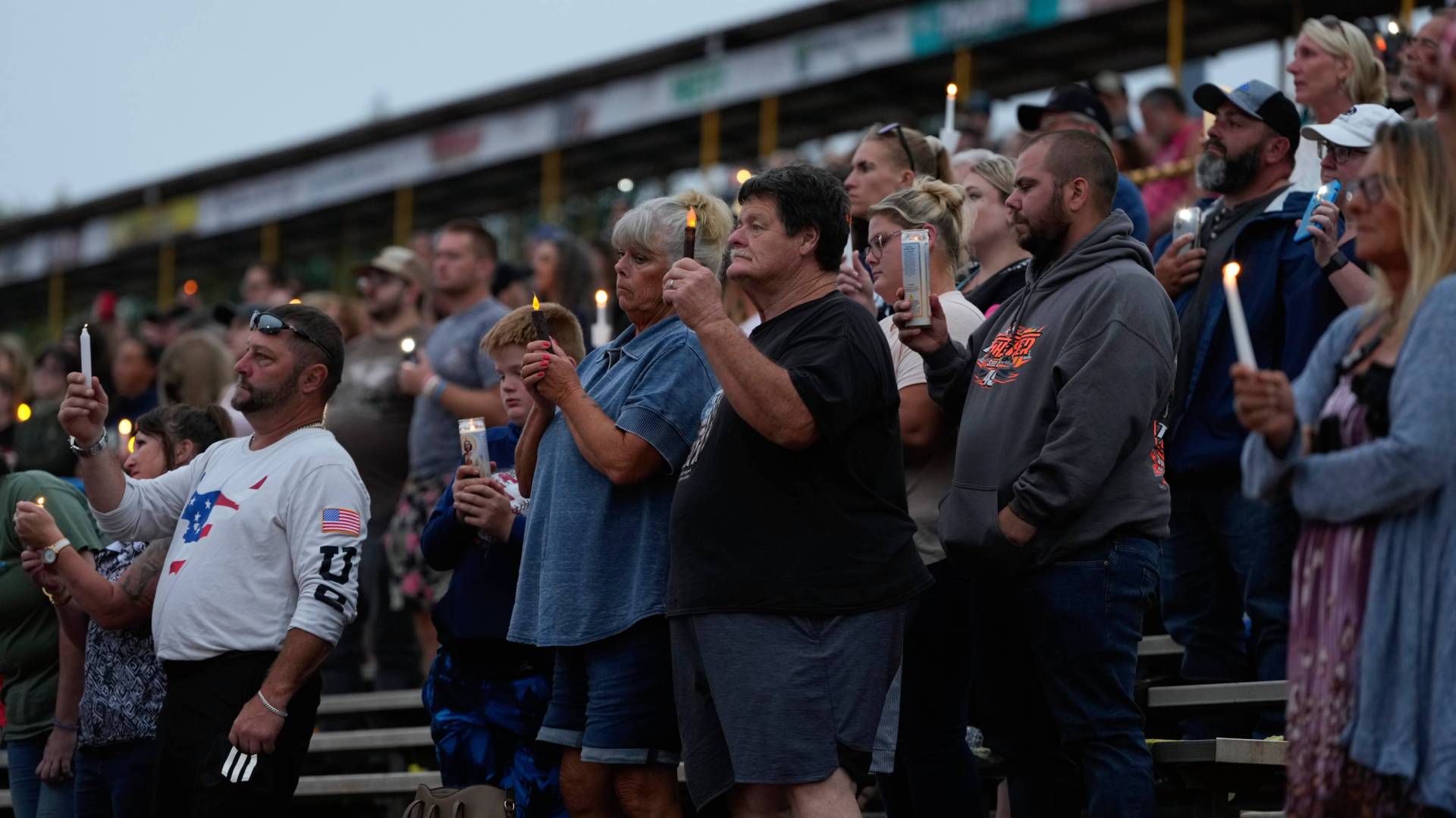When Samuel Ndima was a student at a Bible college in KwaZulu-Natal, South Africa, he struggled to complete assignments in his theology courses. Though he grasped the material, he had to scramble when it came to anything requiring research.
Ndima’s seminary fees included only a few textbooks, but many papers required research from books, journals, and commentaries. Like most of his classmates, Ndima could barely pay tuition and had no money to buy additional books. The few copies of essential texts were perpetually checked out of the seminary’s small library, and online access required a credit card, which few students possessed. Ndima and his classmates were forced to share books, which often made it difficult to finish assignments on time.
Despite these obstacles, Ndima graduated in 2010 and now pastors a congregation of 200 people in Delft, in the Western Cape. But he remains frustrated that theological training on the entire continent of Africa is too often complicated by a lack of books.
“A lot of Africans want to study, but we can’t afford theological education, we lack knowledge of the Bible, and we need access to books,” said Ndima, who faced a similar situation at a seminary in Cape Town where he earned his honor’s degree in 2013. He would like to return to school to study for advanced degrees but worries about the continuing lack of resources in African seminaries.
With more than 700 million Christians, Africa is home to more believers than any other continent in the world. Yet up to 90 percent of African pastors are not formally trained, and the lack of theological books and resources is undercutting the efforts of seminaries, divinity schools, Bible colleges, and other preparatory programs.
“Libraries are the engine of a school,” said Emmanuel Akatukunda, academic dean of Kampala Evangelical School of Theology (KEST) in Kampala, Uganda.
But a seminary without enough books to create a decent library might struggle with accreditation and will be less effective in training would-be pastors. Libraries in US seminaries often contain at least 100,000 books, while the average Bible college in Africa has about 5,000 volumes and an annual book budget of less than $500, according to Langham Partnership.
“Without an equipped and well-organized library, a school cannot achieve its vision, mission, and objectives,” said former KEST librarian Ivan Niyongabo, adding that the library “is a home of knowledge for academic excellence.”
Craig Stoll, director of Christianbook International Outreach (CIO), has seen more than one African school library like Ndima’s. A 100-student Nairobi seminary library, for example, possessed only one copy of a book needed by multiple students at the same time. “They tell each student they can borrow the book for one hour and then must let someone else use it for one hour, and so on. How much can you even learn from a book in one hour?”
Many seminaries, including Uganda Baptist Seminary (UBS), keep just enough textbooks on hand for current students. Anthony Shelton, principal and professor of theology at UBS, says his school allows students to check out a textbook for the term and then return it when the course is completed. This process allows the school to reuse its stock of textbooks for the more than 200 courses it offers annually.
This arrangement helps current students but hinders graduates. “Students [ought to] receive textbooks that they keep when they graduate,” he says. “Really, every pastor should have some kind of personal library to help [them] study and prepare sermons.”
Graduates from Justo Mwale University in Lusaka, Zambia, do get to retain a few of their books, thanks to a “book basket” program that provides seven books each student can keep, including Greek and Hebrew textbooks. This program, funded from a grant through the Christian Reformed Church’s Resonate Global Mission, helps alleviate some resource problems, but students must rely on the university’s library for other books they need during their education.
It remains a challenge to find Christian books of all types in many parts of Africa because publishing, printing, and distribution companies are extremely limited, driving costs far higher than the average person can afford. The publishing industry in Africa today is similar to the US publishing industry of more than a century ago: Most books get a single printing of 500 to 1,500 copies that are distributed only in the city where it was published, according to Gary Flokstra, director of 4 the World Resource Distributors (4WRD), a library resourcing organization.
Some theological texts are sold in Africa, but not in the quantity needed for the number of students in class or for the amount of schools in Africa, says Flokstra, whose organization has the goal of “enhancing theological education worldwide by strengthening theological libraries.”
Importing books from the US is difficult and expensive, notes Flokstra. Import rules change frequently, and the costs of shipping, customs, and taxes can cause book prices to escalate exorbitantly. And transporting books from one African country to another can sometimes be even more expensive and difficult than shipping from the US.
In some of the poorest countries, a book or Bible can cost two to three times more than it does in the US, and the kinds of books needed for Bible study can be even harder to find and even more expensive.
Even if you could find a comprehensive study Bible in a Ugandan bookstore, “it would cost the equivalent of at least $100 USD,” said Ugandan Christian leader Richmond Wandera. “This is a whole month’s rent for a family. Most people can never afford this.”
Despite their lack of shipping costs and comparatively low expense for students, e-books present their own challenges, says Stoll. Certain countries may not have the rights to specific titles, and even those e-books that are available at libraries may come with limited access, dependent on facility equipment or prone to being withdrawn by the provider. Further, not all students have consistent access to the internet, computers, or tablets.
Facing such challenges, many African schools take advantage of opportunities to help stock their libraries through organizations like Resonate Global Missions, CIO, Crossway, 4WRD, and Mission Cry.
In its 70 years of ministry, Mission Cry, formerly known as Christian Resources International, has provided Bibles, books, and seminary materials worth upward of $450 million to more than 175 countries. The Michigan organization fills shipping containers with books from donors across the US and distributes them worldwide through libraries at Bible colleges and other places. “We currently have a container on the water to Malawi to establish another pastor and seminary library,” said Jason Woolford, Mission Cry’s president.
Similarly, Stoll at CIO is currently trying to organize a donation of 30,000 books to send to Central Africa Baptist University (CABU) in Kitwe, Zambia. Americans have been asked to send new or gently used books to the CIO headquarters in Massachusetts, and the ministry will pay for the costs of filling and delivering a shipping container with the donations to the university. The container for CABU is expected to be launched in August, and the library should be displaying its new titles by the end of the year.
CIO is the nonprofit arm of Christianbook, one of the world’s largest distributors of Christian products. It expects to ship 15 to 20 containers of donated books to international schools and seminaries this year. Stoll said Christianbook supports CIO by supplying office and warehouse space and by paying employees.
Philip Hunt, the founder of CABU, an accredited seminary that opened in 2006, is excited about the anticipated CIO shipment, which will bring the school’s library book count from 16,000 to over 50,000—a massive collection for an African seminary.
“A container costs $14,000,” he said, noting that the shipment will be “a huge gift” for a school that charges about $4,500 per year in tuition. The library serves roughly 200 current students and almost 1,000 alumni, and Hunt says it will be open to any Christian in the city for classes or personal study.
CIO also helps stock the library at Africa Reformation Theological Seminary (ARTS) in Kampala, Uganda. About 90 percent of the textbooks at ARTS comes through its relationship with CIO, says principal David Eby, and the books are given to students or supplied at a very nominal cost.
“In a perfect world, there would be no need for what CIO does,” said Stoll. “But for most of the schools we work with, there is just simply no way given present conditions that they could obtain the books they need without some sort of outside partnership and assistance.”
As difficult as it is to find Christian books in English, it can be even harder to obtain resources in Swahili, Portuguese, French, and Arabic. Langham Partnership is one of several organizations trying to meet that need, particularly with Francophone African materials.
According to librarian Fiderana Rasoabao of the Institut Supérieur de Théologie Évangélique (ISTE) in Antananarivo, Madagascar, the school obtained many of its 5,000 volumes through Langham or from other donations from international seminaries.
Organizations like CIO and Langham Partnership are part of a long precedent: For well over a century, donations and discounts from Western ministries have helped fill the libraries of African Bible schools and seminaries. (In 1900, American evangelist John R. Mott published The Evangelization of the World in This Generation, which emphasized Africa’s desperate need for theological books and Bibles for pastoral training.) But an overreliance on such efforts has left African students studying primarily from American and European resources—and sometimes from authors with dubious theological credentials.
“I have heard some African leaders complain that they often receive many unhelpful books—for example, books promoting the prosperity gospel, or books that are really old and not up-to-date on current theological discussions,” said Anthony Sytsma, who has mentored and taught pastors in East Africa for over a decade.
A dearth of African authors is a further cause for concern. In 2014, an article in Christianity Today noted that African Christian authors were rarely represented on the shelves of African Christian libraries or bookstores. The situation has changed little in the past decade, leaders say.
“The continent of Africa is 54 countries with six time zones and more than 3,000 ethnicities. … That diversity bleeds into theological diversity, so there is tremendous complexity in leading movements on this continent,” said One Mokgatle, network director of Acts 29 Africa.
The lack of African voices in Christian materials can be frustrating for educators as well as pastors. “It was extremely difficult to teach courses in hermeneutics, theology, and even biblical studies because of the disconnect between the Western-centered approaches and the African worldview,” said Elizabeth Mburu, a professor at Africa International University in Nairobi, Kenya. “In general, Africans lack an audible voice in the theological conversation taking place across the globe.”
Ndima, the South African pastor, aspires to create theological resources that deal with specifically African cultural issues. “We have few black authors who have written about theology from the perspective of our context,” he said, while noting that, for the present, his duties to his ministry and family make it challenging to devote the necessary time to research or write.
None of the efforts to provide more Christian resources to Africa are perfect, says Flokstra of 4WRD, but they are all important. “The capacity for training leaders in Africa has not kept up with the growth of the church. It’s important to understand that in many places of the world where the church is growing the fastest, the resources are the scarcest.”
Christina Ray Stanton writes regularly for several publications and is an award-winning author of two books.








































